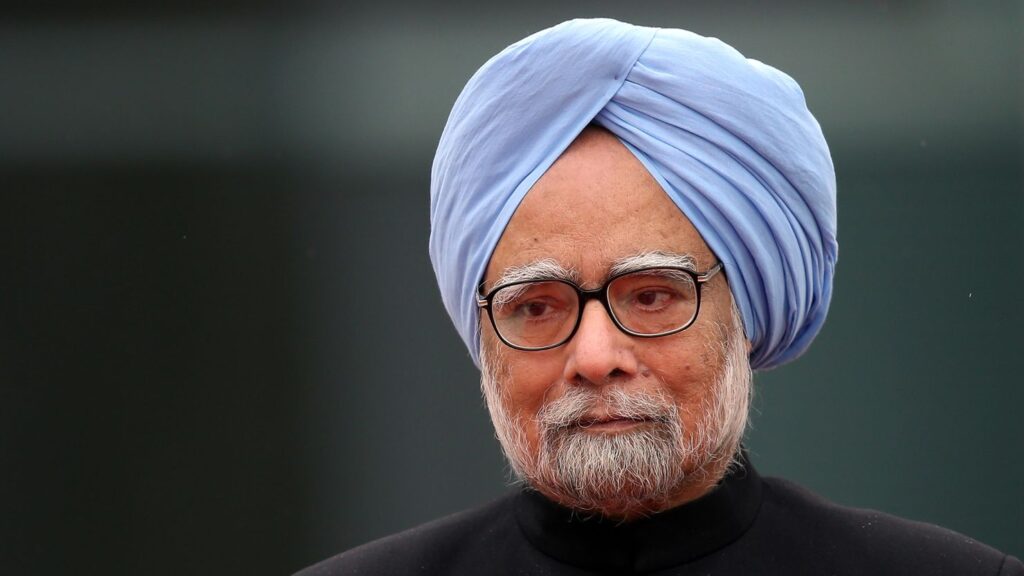

Manmohan Singh, the former Prime Minister of India, passed away on December 26, 2024, at the age of 92.He was admitted to the All India Institute of Medical Sciences (AIIMS) in New Delhi due to a sudden loss of consciousness. Despite medical efforts, he could not be revived.
Manmohan Singh is an Indian economist, academic, and politician who served as the 13th Prime Minister of India from 2004 to 2014. He is widely respected for his role in shaping India’s economic policies and liberalization in the 1990s. Here’s a detailed overview of his life and contributions:
Early Life and Education
- Born: September 26, 1932, in Gah (now in Pakistan), during British India.
- Education:
- Bachelor’s degree in Economics from Punjab University.
- Post-graduate studies at University of Cambridge (St John’s College) in the UK.
- Doctorate in Economics from Oxford University (Nuffield College). His doctoral thesis focused on India’s export competitiveness.
Career Before Politics
- Economist and Academic:
- Worked for institutions like the United Nations Conference on Trade and Development (UNCTAD) and the International Monetary Fund (IMF).
- Held academic positions at Delhi School of Economics and Punjab University.
- Government Roles:
- Appointed as the Governor of the Reserve Bank of India (1982–1985).
- Served as the Economic Advisor to the Prime Minister and later as the Finance Secretary.
- Architect of Economic Reforms:
- As India faced a financial crisis in 1991, Singh, as Finance Minister under Prime Minister P.V. Narasimha Rao, introduced significant economic reforms.
- His policies focused on liberalizing the economy, reducing trade barriers, and encouraging foreign investment, marking the start of India’s economic transformation.
Prime Ministership (2004–2014)
Manmohan Singh became the Prime Minister of India after the Congress Party-led United Progressive Alliance (UPA) won the 2004 general elections.
Key Achievements:
- Economic Growth:
- Under his leadership, India achieved high economic growth rates, averaging about 8% annually during his first term.
- Social Welfare Programs:
- Initiated programs like the Mahatma Gandhi National Rural Employment Guarantee Act (MGNREGA) and the Right to Information Act.
- Nuclear Agreement:
- Negotiated the India-US Civil Nuclear Agreement, enhancing India’s access to nuclear technology and energy resources.
- Foreign Policy:
- Strengthened relations with the US, European Union, and neighboring countries like Pakistan and China.
Criticism:
- Accused of weak leadership and failing to address corruption scandals within his government (e.g., the 2G spectrum scam, Commonwealth Games scam).
- Economic growth slowed in his second term, and there was criticism of policy paralysis.
Legacy and Personal Traits
- Renowned for his integrity, humility, and intellect.
- Singh is often described as a soft-spoken and reserved leader.
- Even his political opponents have respected his contributions as an economist and policymaker.
Post-Premiership
- Manmohan Singh continues to be an active member of the Indian National Congress.
- He served as a member of the Rajya Sabha (upper house of India’s parliament) after stepping down as Prime Minister in 2014.
Manmohan Singh’s tenure and policies significantly shaped India’s modern economic and political landscape. Despite facing criticism during his later years in office, his contributions as an economist and reformer are widely recognized globally.







